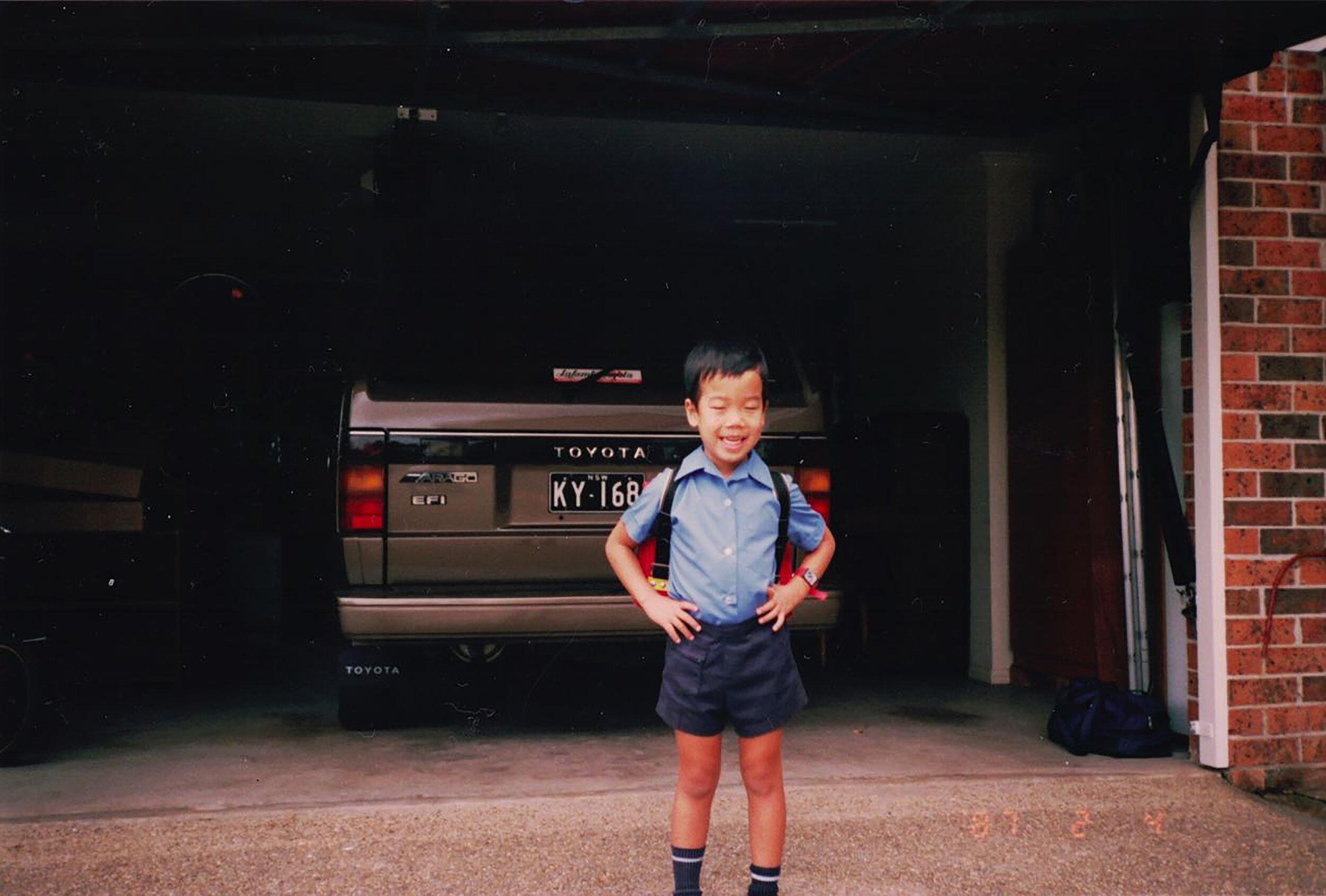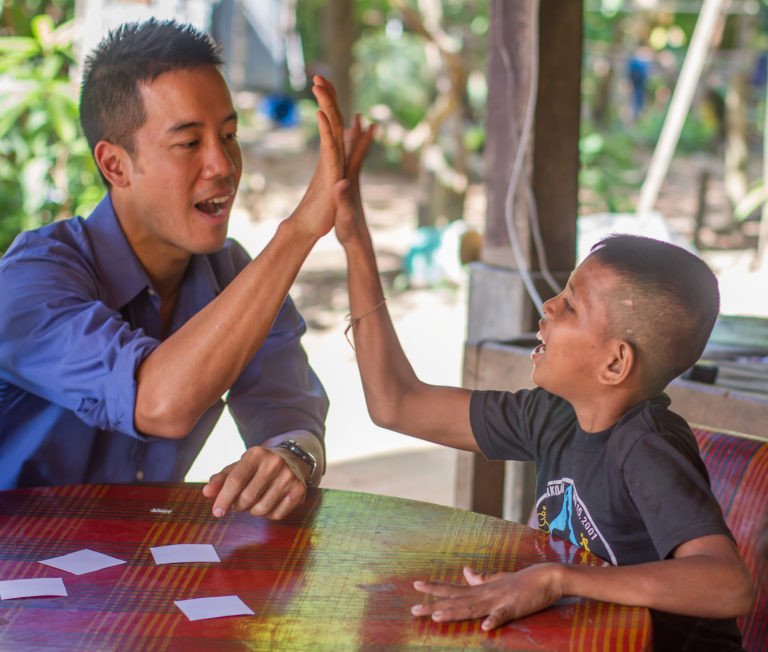Welcome, and goodbye: Why this is the beginning and the end

Who am I and why are you reading this?
Three years ago, I founded OIC: The Cambodia Project, an initiative to establish speech therapy as a profession in Cambodia. Starting OIC from nothing has been a huge challenge. I have grown and learnt so much from the incredible people I’ve worked with. OIC gets me jumping out of my bed in the morning.
And yet, it’s time for me to say goodbye.
I was born in Australia in the 1980s, and am the product of generations of extreme sacrifice, followed by extreme privilege. My great grandparents moved from China to Malaysia during a time of famine, my parents turned down a life of relative comfort in Malaysia to move to Australia, for a better life for their children.Growing up in Australia, I attended an ordinary public school in Sydney. On my first day in school, I sat next to a boy named Roger. My teacher, Mrs Pickering, told me that Roger couldn’t see colours, so he needed my help. When we were colouring in, I had to help him pick out the right coloured pencils.To colour the grass, I’d pick out the green pencil. For the sky, the blue.That year, Roger and Mrs Pickering taught me valuable lessons. Not everyone is like me. Some people do things differently. And yet, all it takes is a little bit of help, and someone can join in with everyone else.
In this story, who is the lucky one? It’s me.

The lesson of inclusion was taught to me at a young age. Perhaps if my family had not moved countries twice, and sacrificed so much to make this happen, I would never have been put in this situation. I may not have learnt this important lesson.All of us, no matter where we were born, no matter what colour our passports, have stories like mine. Our ancestors have given up so much to get us where we are today. This is the common thread that holds us together - we have so much to be grateful for.In this blog, I’ll write on this topic, as well as some of the practices that I do to keep myself in touch with emotions like these, such as writing down at the end of each day three things that I am grateful for. I’ll write about how I see the world, and how OIC is different. You won’t read non-profit propaganda, I’ll minimise or eliminate buzzwords. I’ll do my best to tell it as I see it.I’ll talk openly and honestly about my struggles in getting OIC off the ground, to get even the most neglected people in society included, just like Roger was.
The reality is that we still have a long way to go.
Meeting Ling changed my life
When I arrived in Cambodia 4 years ago, I was stunned to learn that there was not one single Cambodian speech therapist in country. This meant that hundreds and thousands of people, especially children, could not communicate to their full potential. Either they could not talk clearly, or at all, or couldn’t process incoming communication.An equally large number of people had difficulties swallowing, where food and liquid would enter the lungs, instead of the stomach. They could contract pneumonia and then die. Without speech therapy, these people were dying young.I was stunned to learn this because after leaving university and entering the system of international development, I had the notion that we addressed problems like this in a systematic and logical manner. But somewhere, amongst the billions of dollars of aid money and thousands of non-profit organisations, some people get left behind.People like Ling, a child who I met in one of the most memorable moments of my life. He is a child who, due to his inability to speak clearly, most assumed would never go to school. But, after just a few months of speech therapy, Ling did go to school for the first time, at the age of 12. Not only this, he started to come second in his class.After meeting Ling, and realising that hundreds and thousands of children like him lacked access to speech therapy, I founded OIC in 2013. Because even the most vulnerable, the most ignored, deserve their rights to be recognised.With that in mind, I’m writing this first post with an announcement to make.
I’m stepping back from my current role as Managing Director of OIC. Here’s why.
As OIC, we often reflect on where we are going, how we are doing it, and try and refine this until we're happy with it. These last few weeks we re-visited OIC's six values.Respect, integrity, learning, transparency, collaboration, quality.Nothing in these values is not worth espousing. The question is, who doesn't have these values? And, when these values are in conflict, how are OIC team members to respond?After some vigorous discussion, we came up with a singular value that trumps them all - one that wasn't even on the original list: localisation.
At OIC, we value many things, but above all, we value localisation.
This means we put the interests of communities in Cambodia above all, even above the donors, when they are in conflict.If we truly value Cambodian people guiding the way, then we need a Cambodian leader in place as soon as possible. In January 2017, a Cambodian Country Manager will take my place in country, implementing this project. This is an important milestone for OIC.I won't disappear though, I'll still be supporting OIC from afar, but giving the Country Manager the space and liberty to make decisions in a way that she thinks is best.When I started OIC, I did it to support Cambodian people. I never wanted to create something where OIC equalled Weh, and Weh equalled OIC. It has to grow beyond that.Since May, I've been working with a very special Cambodian woman, who will, according to the plan, be promoted in April 2017 to Country Manager.It’s going to be a fascinating journey to get OIC up to this next stage, and I hope you join me in the next stage of development and beyond. Thank you for reading, and welcome to my blog.


